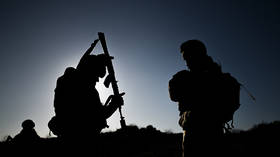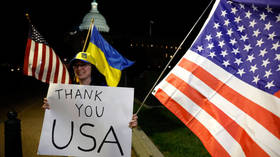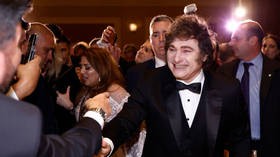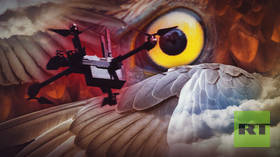‘I want India to make noise in breaking’: B-boys and b-girls from most populous nation are battling official apathy
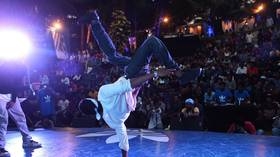
“Last night, witnessing ‘breaking’ making history in Paris was a moment that will be etched in our memories forever. From its origins on the streets to gracing the grandest global sports stage, breaking achieved a remarkable victory,” Arif Chaudhary, aka ‘B-boy Flying Machine’, shared on Instagram after Canadian B-boy Phil Wizard (Philip Kim) won the gold medal for breakdancing at the 2024 Olympics on August 10. The previous night, Japanese B-Girl Aml bagged the gold in the women’s category.
Those will be the first and the last gold medals, as breakdancing has been dropped from the 2028 Los Angeles Olympics.
Back in the 1970s, when the largely ostracized residents of The Bronx, New York, abided by not much else but the beats blaring from their boombox, little did they know that those who would follow in their footsteps – literally – would make it to this international stage.
“Breakdancing deserves to get the recognition it has,” Siddhi Tambe, who goes by ‘B-Girl BarB’ in breaking circles, told RT. “People will see that it’s not just dancing. It’s extremely physical and mentally taxing.”
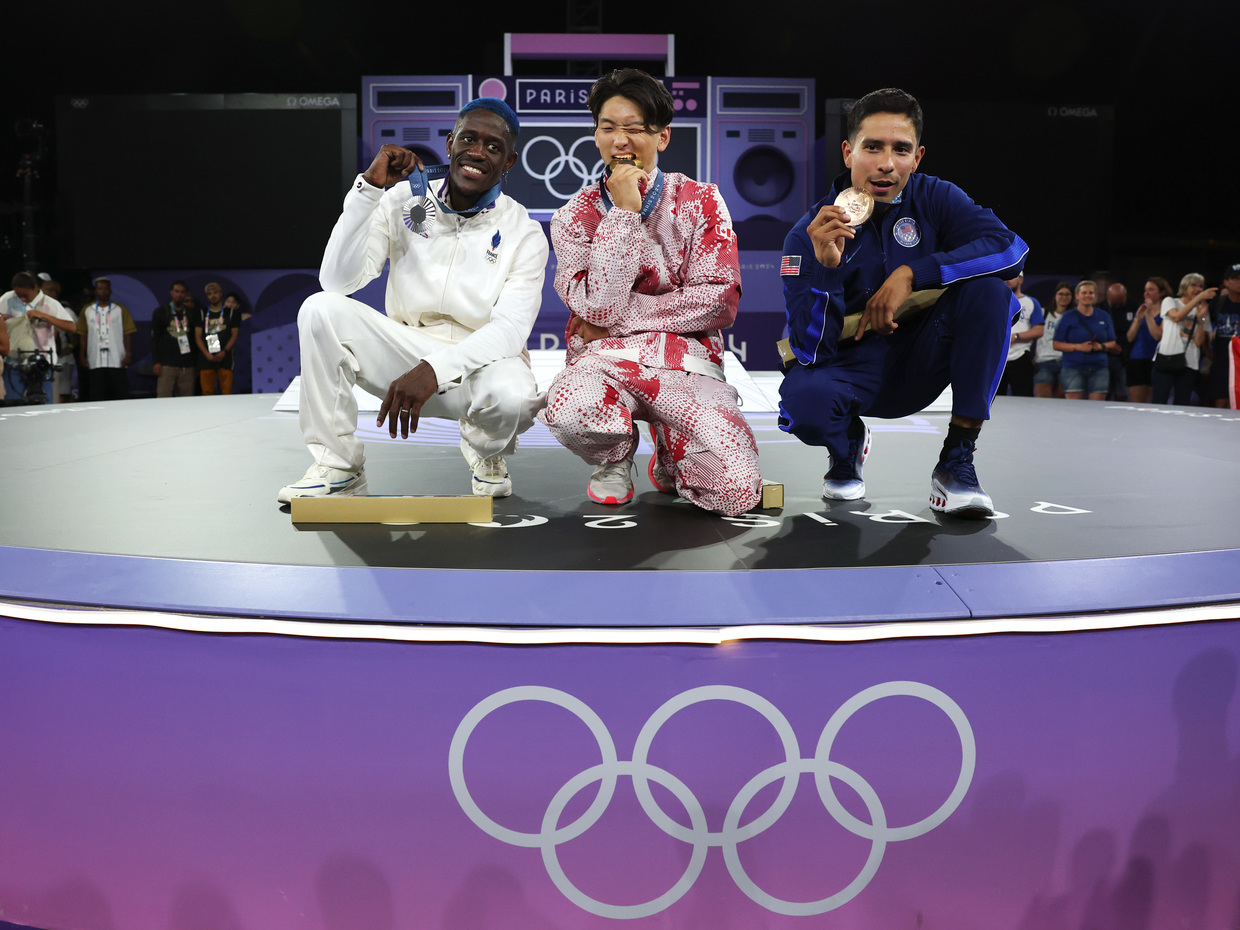
The reality of 'reality' shows
For those unaware, breaking requires incredible athleticism and flexibility, skills that resemble gymnastics and unfathomable moves like head slides, airflares and jackhammers. To the Indian audience, though, the dance form likely doesn’t go back to the hip-hop culture of the New York borough, or even pop sensation Michael Jackson.
It would be safe to assume that their earliest and closest reference in India would be the popping-and-locking actor from the South, Prabhu Deva. Today, however, with popular reality shows like Dance India Dance and India’s Got Talent, there is a gradual spike in awareness and appreciation of the urban sport.
“Reality shows are overhyped in India, but they are changing people’s perspective of breaking. I don’t think people are aware of the term ‘breaking’ even today. They think it’s all about head spins and handstands,” BarB told RT. “I participated in some shows like Dance India Dance Little Masters and Dance Maharashtra Dance, but I lost interest because the shows are more about TRPs.”
Ramesh Yadav, aka Tornado, echoes her sentiment. “They just need TRPs… I participated in Hip-Hop India last May with the hope of getting a TV spot and some sponsors later,” he told RT. “I discontinued it because their criteria is very different. There’s only so much we can expect from dance reality shows.”
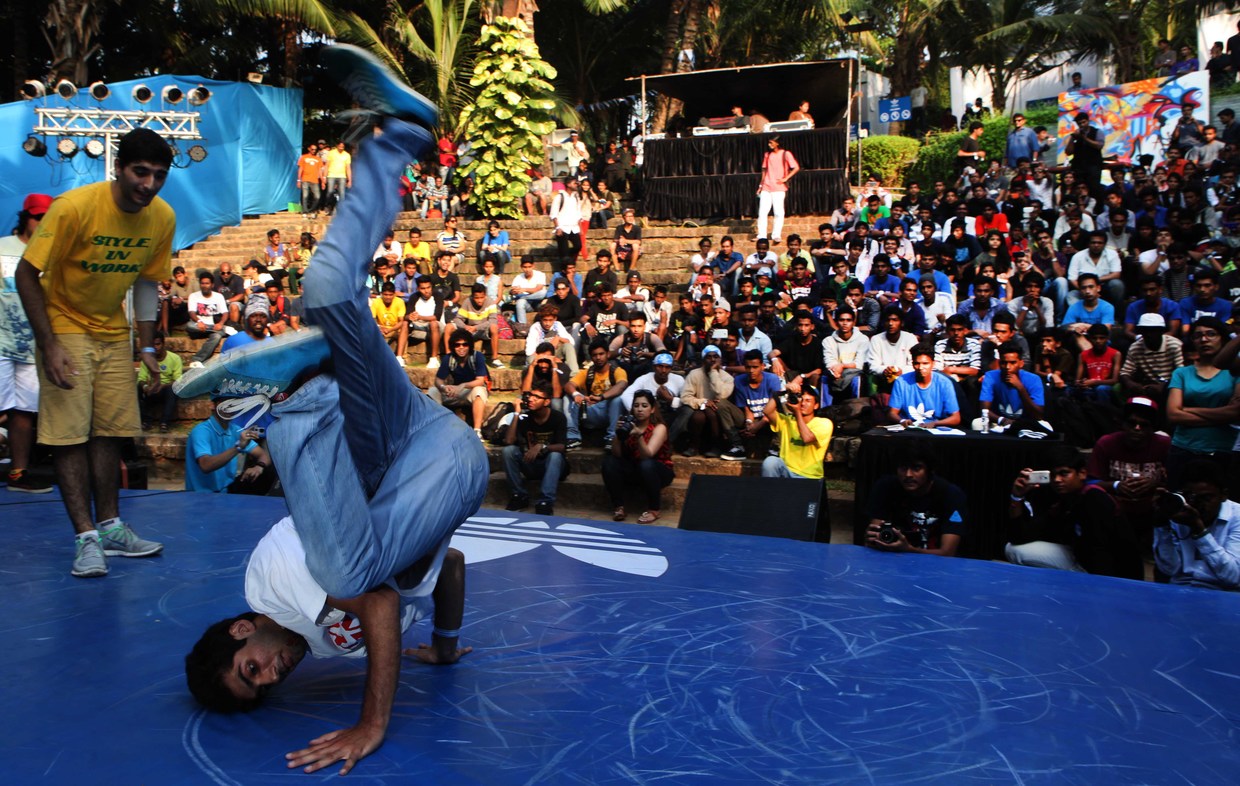
While audiences may not be able to fully comprehend the effort and passion behind the moves, Biswajit Mohanty, general secretary of the Breakdance Federation of India (BFI) believes India’s hip-hop and breakdancing culture has grown significantly over the past few years.
“While there might still be pockets of skepticism, it’s gained substantial recognition and respect, especially among the younger generation, as a legitimate and dynamic form of dance and sport,” he said, speaking to RT. “The visibility of Indian breakdancers on international platforms has also helped change perceptions positively.”
Shrouded in ambiguity
Once it became official that breakdancing would find a stage in Paris, Gaggun Bedi, a renowned choreographer and chief technical director of the All India Dance Sports Federation, was tasked with kickstarting the selection process. This led to the National Breaking Championship – the first of which was held in 2021 – and tours in the international circuit to fuel exposure. The BFI was also set up, though it still awaits government recognition.
But therein began the trouble. With little financial aid from private and government sponsors, there’s only so much that India’s breakers could foot by themselves. They missed out on several key events that ruined their chances of earning the required points to qualify for Paris.
Many of India’s breakers come from the slums of Mumbai, and others from small towns.
“Breakers in India are mostly illiterate,” says Tornado, 26. “They earn roughly Rs 20,000 a month, most of which goes towards household expenses, training, school and investing in basic things like shoes. We save an entire year for one trip… Also, countries often reject our visa application. It’s a major hurdle for Indians.”
“I don’t know if the government even knows that breaking was an Olympic sport this time,” Flying Machine said, making a strong statement. “Breaking needs the same importance as other sports. We had no backing for the qualifiers, which is why we couldn’t make it. We are at par in terms of talent. We just need the resources.”
A four-time Red Bull One Cypher B-Boying India champion and the only Indian to make it to the prestigious Red Bull One World Finals, Flying Machine highlights that events like Paris 2024 are difficult to participate in because of the complicated procedures, besides adequate funding.
“These events take place all year round, which could come to 350,000-400,000 rupees,” he adds. “Red Bull helped me travel to some of these competitions, where I scored well and had potential. If I could have been to around eight-nine events, I’d have made it.”
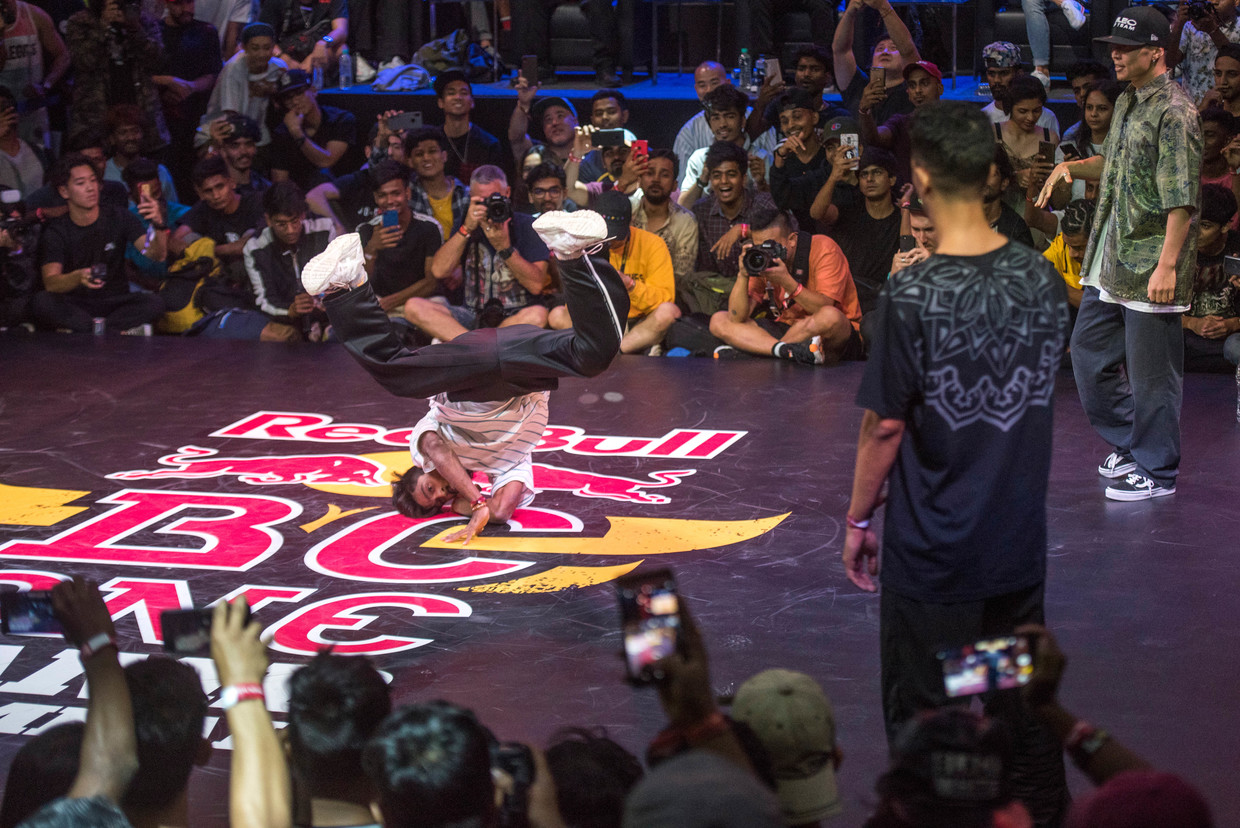
Over 20 competitions were held, apart from the Breaking For Gold (BFG) World Series. Breakers gained ranks by earning points, after which the top 14 in each gender category advanced to the Olympics Qualifier Series. Until May, Indian breakers participated in only two BFG World Series events – in Japan’s Kitakyushu in February and Brazil’s Rio de Janeiro in March.
In Japan, Flying Machine finished 59th, followed by Tornado and Suraj Raut (B-boy Suraj) at 62nd and 91st, respectively. Among the girls, Johanna Rodrigues (B-girl Jo) ranked 50th, Sushma Satish Aithal (B-girl Sushma) 64th and BarB 76th.
“We thought we’d get some government sponsorship after the National Breaking Championship, but that didn’t happen,” BarB pointed out. “There must have been over 20 international qualifiers since 2019 – I lost count – and breakers had been competing in these since then to accrue points to qualify for the Games. I went to Hong Kong and Japan but with my own money.”
For context, the Indian Ministry of Youth Affairs and Sports spent an estimated 4.7 billion rupees ($56 million) on 16 disciplines in which Indians qualified for Paris 2024. This year, India sent its largest-ever contingent of 117 athletes (70 men and 47 women).
The dire need for sponsors
Tornado recalls the 60-hour ordeal he had to endure to make it to the 2023 Asian Games. It involved 17- to 20-hour layovers, being disallowed on a flight, appeals to the federation for a new ticket, changed routes and no sleep along the way. “When it was time to compete, I felt like I was under the influence,” he said. “I had put all my money into this and had arrived in Beijing with just 2,000 rupees, that too in Indian currency. Ultimately, I became the first B-boy to qualify for the Top 16. I thought I’d get funding at least then, but was told I’d get it only after making it to the Top 8.”
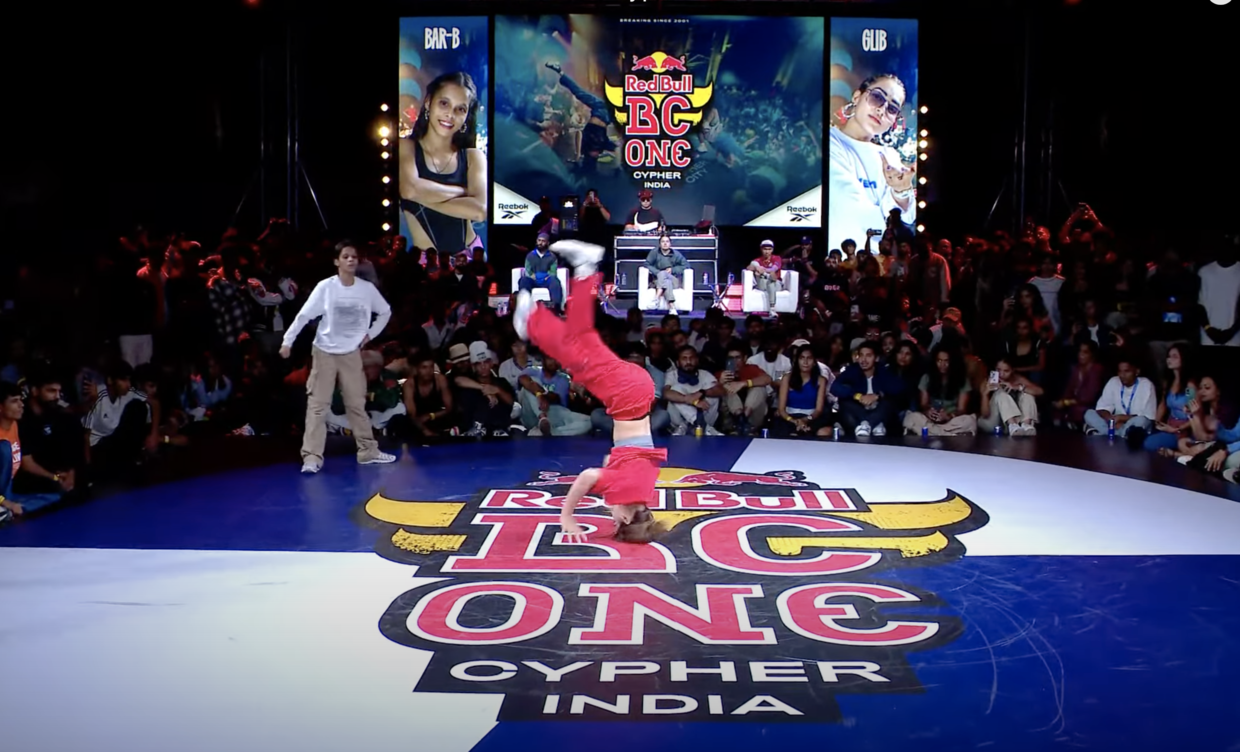
BarB, currently sponsored by Welspun, stresses that when there’s financial help, it’s easier to focus on the training and do a better job representing India abroad. “All that’s left to be done is to perform. I’ve competed a lot, but we travel maybe once a year. So it’s hard to get used to new environments immediately to perform too well. If we get continuous opportunities, our scores will also improve, and we’ll make a better name for ourselves,” the 20-year-old shares.
In Japan, Tornado was surprised to see the kind of support other teams had. “Some had dieticians, and France even had their own physiotherapist… After returning to India, I hoped for some support – at least help with a training facility to practice – but got nothing. I doubt anyone even knew we represented India in Japan.”
Eye on the goal
Despite the hurdles, these promising Indian breakers are making a name for themselves across borders. To turn things around for future breakers, Mohanty proposes developing a grassroots programme and competitions to nurture talent from a young age.
“To secure more sponsorships, we need to showcase the potential of our B-boys and B-girls to corporate sponsors and investors. Promoting the sport through social media and collaborations with influencers can also attract more attention and support,” he says, hoping for the necessary government support soon.
Setbacks notwithstanding, India’s breakers hold their chin up and keep their international dreams alive. “My primary goal is to make India proud, to win as many titles as I can internationally,” says BarB. “I want India to make noise in breaking, and I want to be the first B-girl to win an international title.”
Flying Machine stresses the measures he’s taking to ensure that future B-boys and B-girls have it better: “I’ve my own event, and I’m planning to travel pan-India for a qualifier series along with B-boy Kareem, in association with the Department of Sport and Youth Welfare based in Madhya Pradesh,” the 26-year-old says. “I’m doing the best I can for India’s breaking community because in the years to come, many of the current breakers may retire and turn to coaching.”
“We are still fighting; we are still ready to go,” Tornado concludes.





